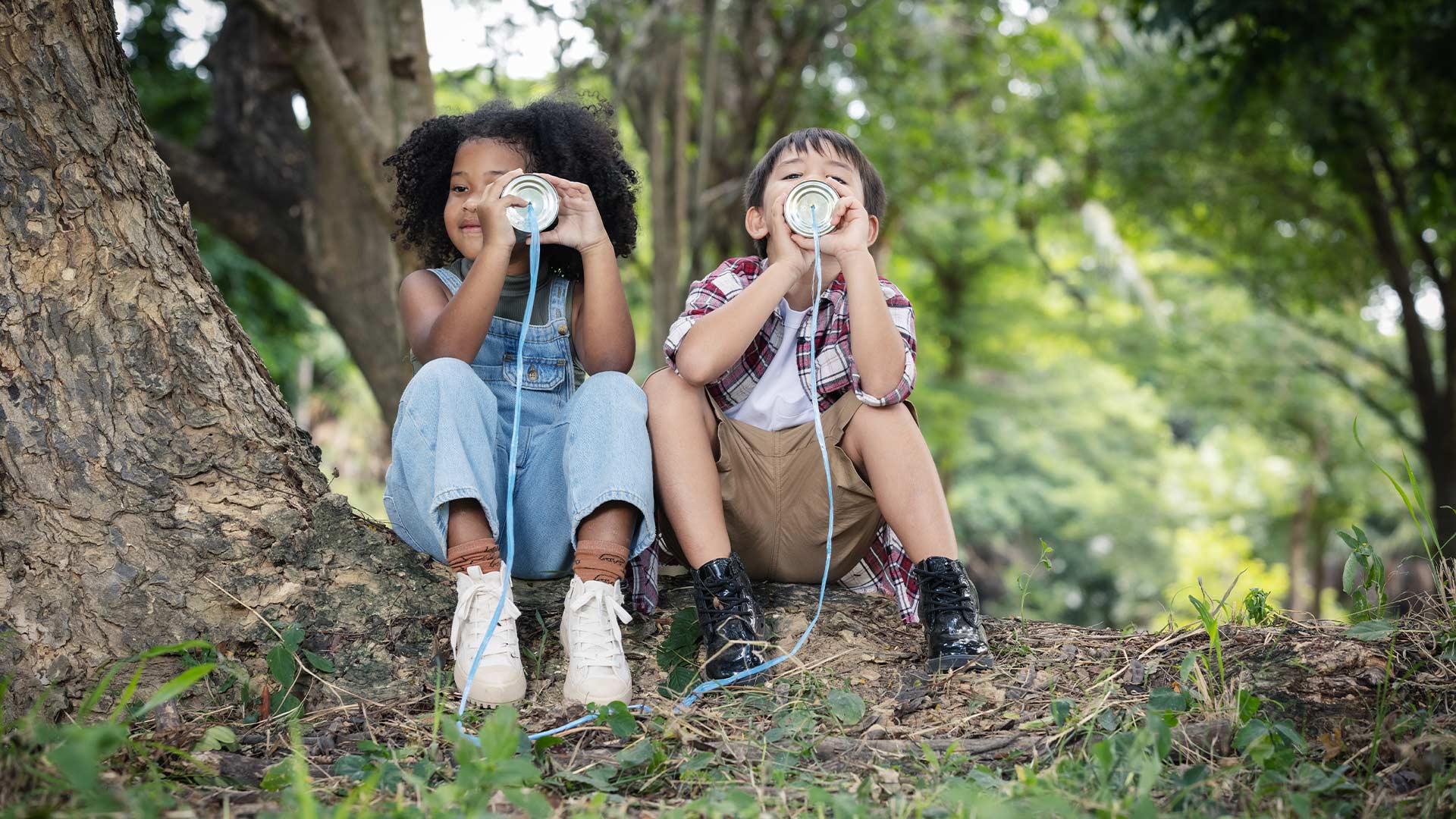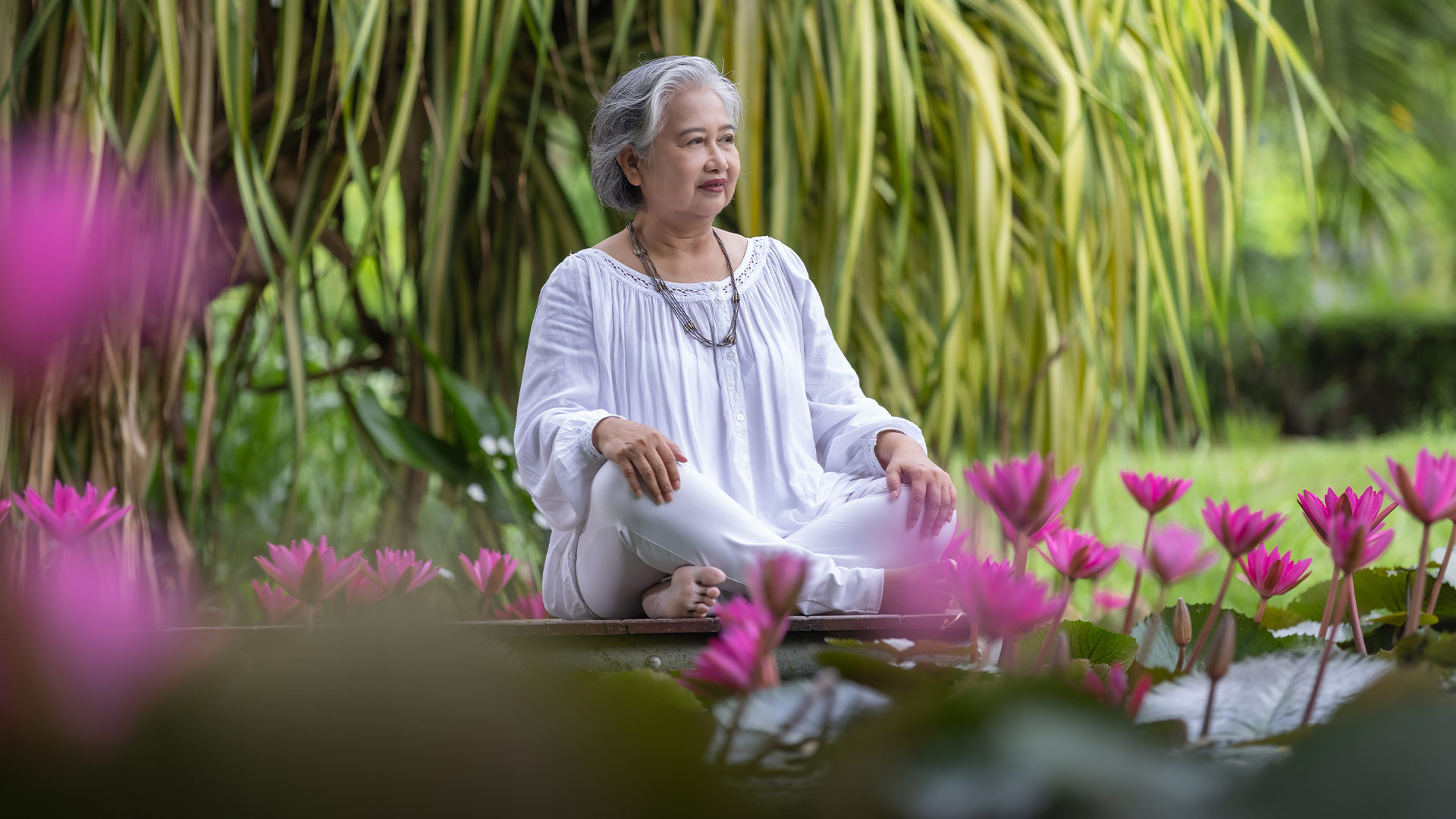We all know someone who seems ageless—not just in looks, but in vibe. They’ve got that sparkle, that “still full of wonder” energy. You might chalk it up to good genes or green smoothies, but chances are, their secret sauce is something simpler: curiosity.
Yep, curiosity—the thing that makes toddlers ask 500 questions and retirees start new hobbies. Staying curious isn’t just good for keeping life interesting. It’s a powerful way to keep your mind, body, and spirit feeling fresh and alive, no matter how many candles are on the cake.
Let’s unpack why curiosity is basically youth in disguise—and how you can keep yours fired up.
Curiosity Keeps Your Brain in Growth Mode
The brain loves novelty. When you’re curious, your brain lights up with dopamine, the feel-good chemical tied to motivation and learning. That’s why solving puzzles, diving into a new topic, or even Googling weird questions can feel surprisingly satisfying.
Curious minds:
- Make new neural connections
- Retain information better
- Are more flexible in thinking (hello, fewer senior moments)
Think of your brain like a garden. Curiosity is the water and sunlight. Without it? Things start to wilt.
Real-life spark:
A retired teacher named Gloria, 74, took up astronomy during lockdown. “I’m still terrible at finding constellations,” she laughs. “But I’ve never felt more awake.”
It Keeps You Engaged With the World
Have you ever noticed that curious people don’t get bored easily? That’s because they see the world as full of questions waiting to be answered, not just stuff they already know.
Curious folks:
- Try new foods, books, or playlists
- Talk to strangers and ask real questions
- Sign up for classes just because
This keeps life feeling wide open instead of small and repetitive. And that openness? It's deeply connected to feeling emotionally and mentally youthful.
Even if you’re not traveling the world, your sense of discovery can stay on the move.
Curiosity Improves Your Emotional Resilience
Here’s the twist: curiosity doesn’t just make you smarter—it makes you emotionally stronger.
Why? Because curious people are more likely to:
- Pause and observe rather than react
- Ask, “What’s really going on here?”
- Be open to perspectives outside their own
That means when life throws curveballs (and it always does), a curious mindset helps you adapt instead of shut down.
Case in point:
Ben, 65, lost his job right before retirement. Instead of spiraling, he got curious about what came next. “I started interviewing people about their second careers. Now I host a podcast about it. Didn’t see that coming.”
Curiosity Keeps You Social—and That Keeps You Young
Social connection is one of the most powerful anti-aging tools around. And guess what helps you build it? Curiosity.
Curious people ask questions that spark real conversation:
- “What’s something you’ve learned recently?”
- “How did you get into that hobby?”
- “What would you do if you weren’t afraid of failing?”
These aren’t surface-level chats. They build connection, which boosts mental health, reduces loneliness, and literally helps you live longer.
Pro tip: If small talk drains you, switch to “big curiosity” mode. Ask something genuine and unexpected. People light up when they feel truly seen.
It Boosts Creativity and Playfulness
When you're curious, you're more likely to try things just for fun, without worrying about whether you’ll be good at them.
This kind of low-stakes exploration is like a multivitamin for your spirit.
You might:
- Start painting with dollar store supplies
- Build a mini herb garden in your kitchen
- Write short stories or silly poems
- Try dancing to K-pop in your living room (no judgment)
That kind of playful experimentation is what keeps your inner kid alive. And let’s be honest—your inner kid knows a thing or two about staying young.
It Makes You a Lifelong Learner (and That’s Hot)
There’s something incredibly attractive about people who never stop learning. They radiate aliveness, whether they’re 28 or 88.
Lifelong learners tend to:
- Stay up-to-date with the world
- Adapt better to new technology
- Feel more confident and capable
Learning doesn’t have to be formal. You can:
- Watch documentaries about weird animals
- Listen to podcasts on topics you know nothing about
- Ask your grandkids to teach you how to play Minecraft
The goal isn’t mastery—it’s momentum. Stay in motion, and you stay young.
How to Stay Curious (Even When Life Feels Repetitive)
Let’s be real—some days you’re not feeling very sparkly. That’s normal. Curiosity doesn’t mean you have to be bouncing off the walls with questions all the time.
But you can gently nudge it back with small steps:
- Ask “Why?” more often—even about boring stuff
- Say yes to new invitations—especially ones outside your comfort zone
- Challenge your assumptions—what’s something you think you know that might not be true?
- Watch a kid for a few minutes—seriously, their curiosity is contagious
Curiosity isn’t about being busy. It’s about being awake to life, even the tiny parts.
The Bonus: Curious People Tend to Worry Less
Surprisingly, curiosity is also linked to lower anxiety. Why? Because instead of avoiding the unknown, curious people lean into it.
Think about it:
- “What if this goes wrong?” becomes “What might I learn if it does?”
- “This is scary” becomes “This is unfamiliar—but interesting”
That shift in mindset doesn’t erase fear, but it turns it into something way less paralyzing. It becomes a doorway, not a wall.



